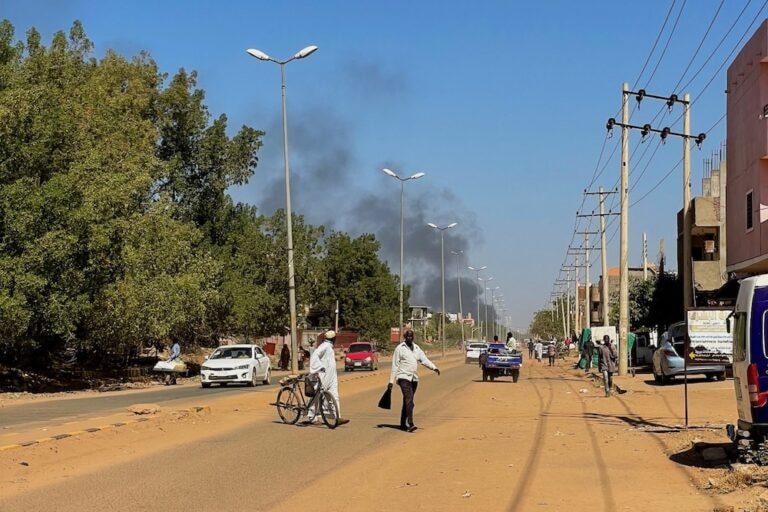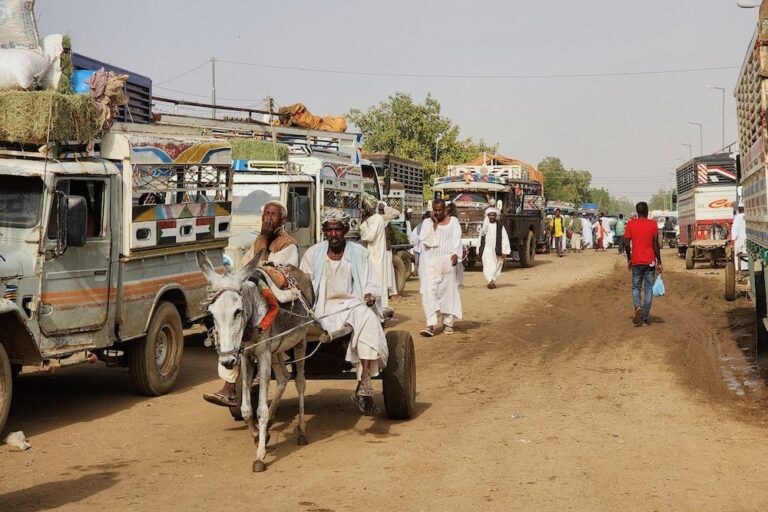(RSF/IFEX) – Reporters Without Borders condemns a decision by the National Press and Publications Council (NPPC) on 1 September 2008 to suspend two privately-owned English-language national dailies based in the south of the country, “The Citizen” and “Sudan Tribune”, for an indefinite period. “The closure of these two southern-based dailies is the harshest measure taken […]
(RSF/IFEX) – Reporters Without Borders condemns a decision by the National Press and Publications Council (NPPC) on 1 September 2008 to suspend two privately-owned English-language national dailies based in the south of the country, “The Citizen” and “Sudan Tribune”, for an indefinite period.
“The closure of these two southern-based dailies is the harshest measure taken so far in the wave of censorship launched by the government at the start of the year,” Reporters Without Borders said. “Depriving the semi-autonomous south of its means of expression will just fuel the tension between the south and Khartoum. The NPPC should be more reasonable and rescind this decision.”
In a letter to the “Sudan Tribune” on 1 September, the NPPC said it was closing the newspaper for “administrative” reasons. The previous day, the security forces went to the place where the latest issue of “The Citizen” was about to be printed and told employees its publication was forbidden.
The NPPC claims that, by choosing to be based in Juba, the capital of the semi-autonomous south, the editors of the two newspapers are violating their licences, which require them to be in Khartoum.
“Sudan Tribune” editor and owner William Ezekiel told Reporters Without Borders the NPPC also accuses his newspaper of obstructing the 2005 peace agreement that ended the civil war between the north and the south. He said the closure was “unacceptable” and “serves the interests of the ruling party” in Khartoum.
The closures came after several months of what the southern media describe as a government-orchestrated campaign of intimidation. Ezekiel said his newspaper had not been able to appear for nearly 20 days as the authorities had seized all the copies from its printing presses in Khartoum on 17 occasions.
Censorship was officially lifted in Sudan in July 2005, after the peace accord was signed with the rebels of the southern Sudan People’s Liberation Movement. The government restored censorship for the privately-owned media on 6 February of this year after they referred several times to Khartoum’s support of a Chadian rebel offensive against N’Djamena.


